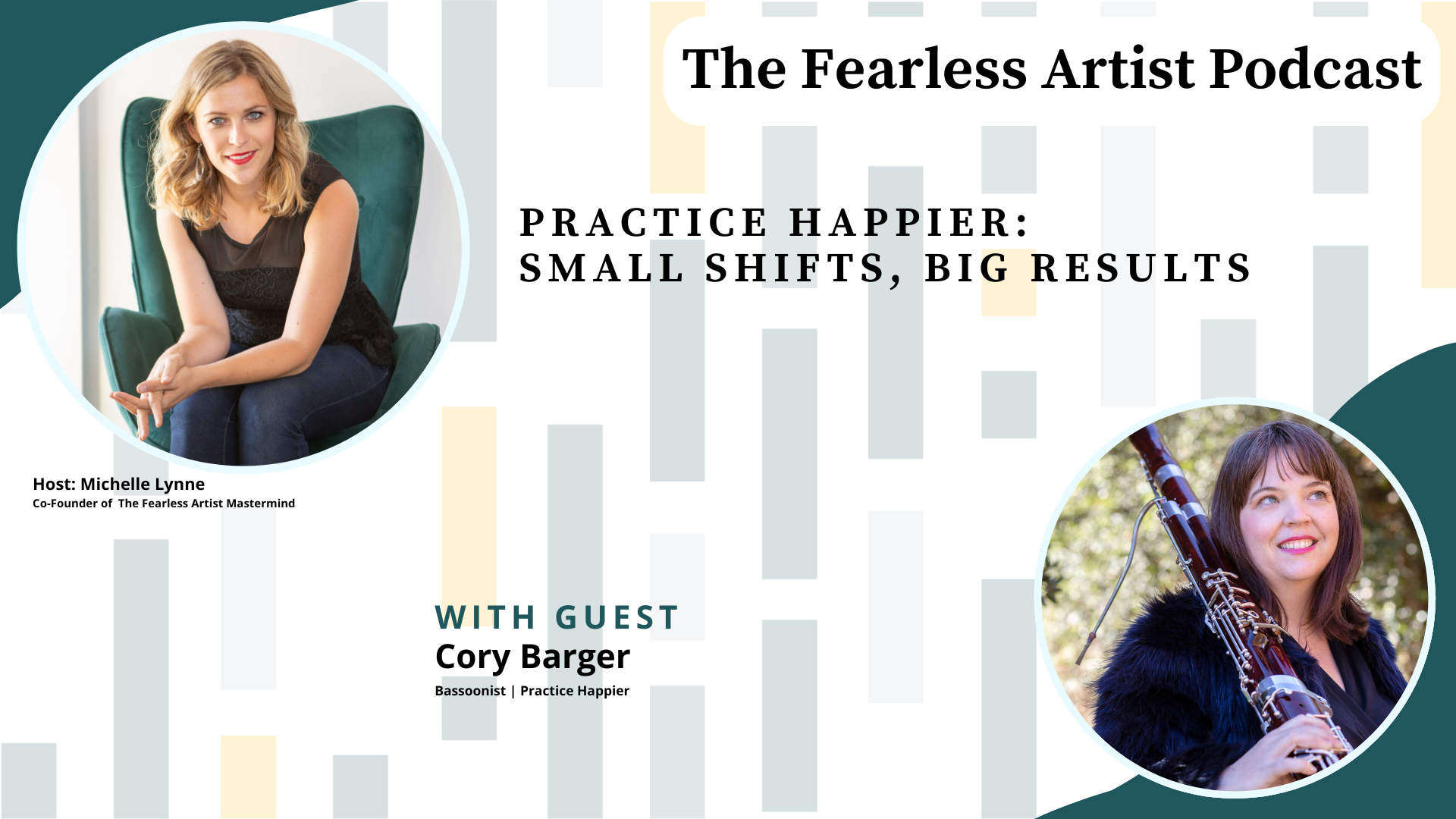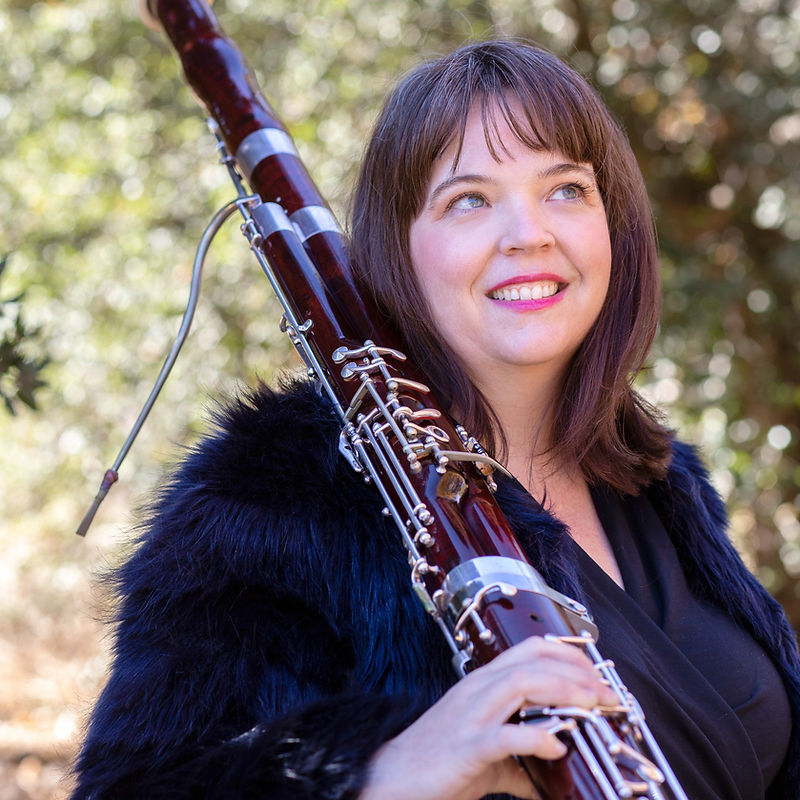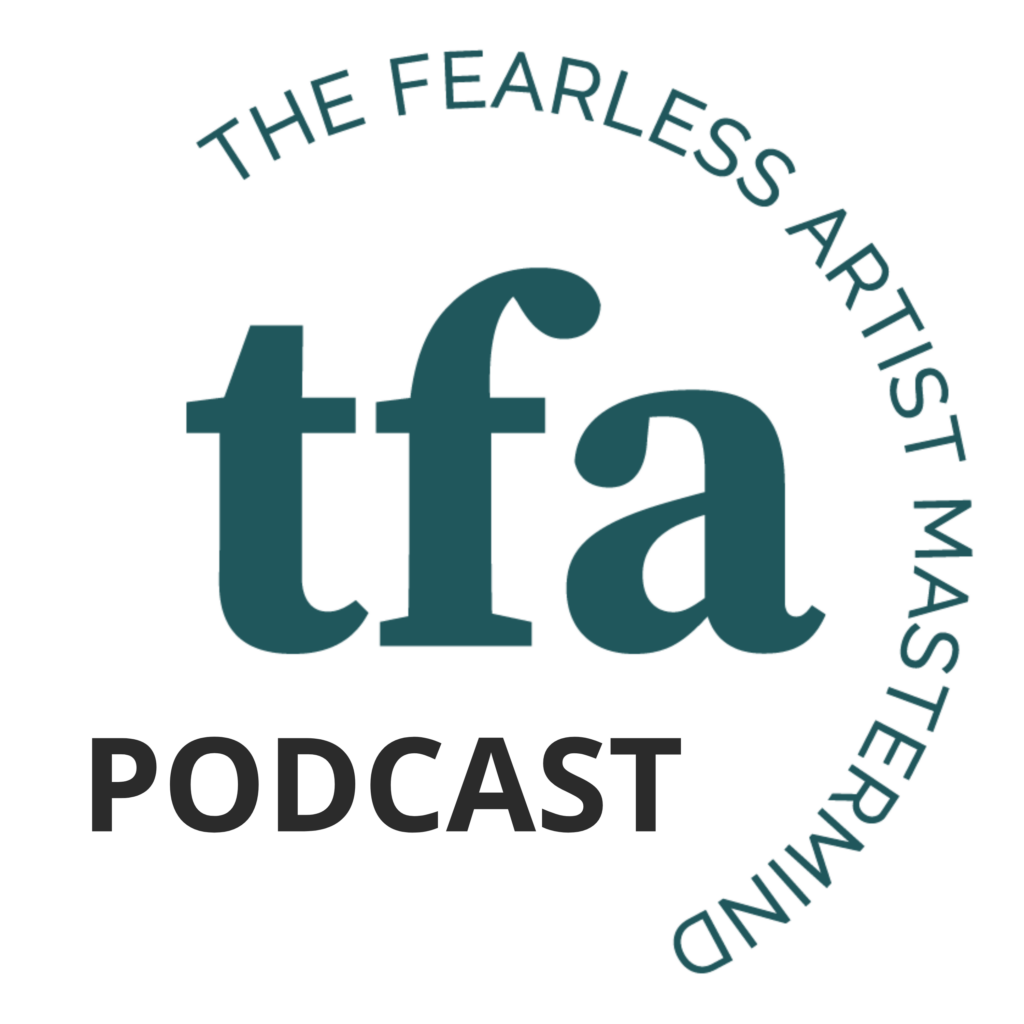Practice Happier: Small Shifts, Big Results

Guest:
Cory Barger
Bassoonist | Practice Happier
Cory Barger is a born and raised Californian who understands the importance of needing to get away and sticking her toes in the sand every once in a while. Work is rewarding, but people work to support their lives.
She started her musical life as a flute player before wandering through the wind section and eventually being handed a bassoon in 9th grade. With that, she found her voice. She studied at UCLA, where she worked hard enough to give herself a terrible case of tendinitis. She was so afraid to tell her teacher that she waited until she literally could not move her thumbs (a HUGE problem for a bassoonist) before finally bursting into tears in a lesson.
Now, she is the principal bassoonist in the Filarmónica de Boca del Río in Mexico, and there’s always lots of music to learn, but she always makes sure to make time for cocos fríos on the beach with her friends.
Throughout all of this, she has had the occasional flare-up of tendinitis, as well as depression and anxiety. In fact, her fascination with her own mind and body led her to study Performance Health and Personal Development at the University of West London while working as a freelance bassoonist and teacher there. She could see how the ways she was taught affected her own trajectory and relationship to playing, and this motivated her to make sure her own students learned differently. She hopes they do too.

Subscribe to The Fearless Artist Podcast
Intro/Outro music by Michelle Lynne • Episode produced by phMediaStudio, LLC
